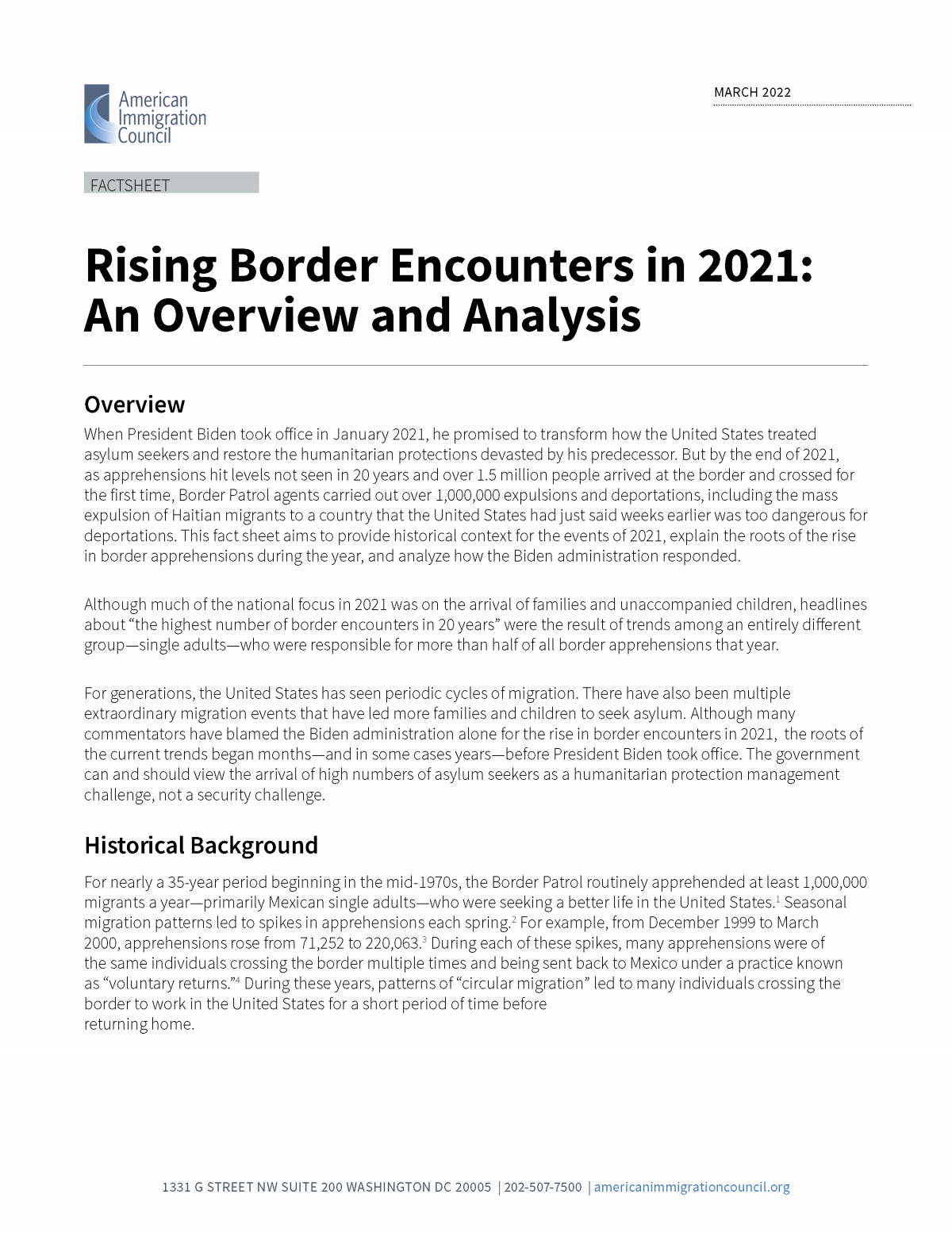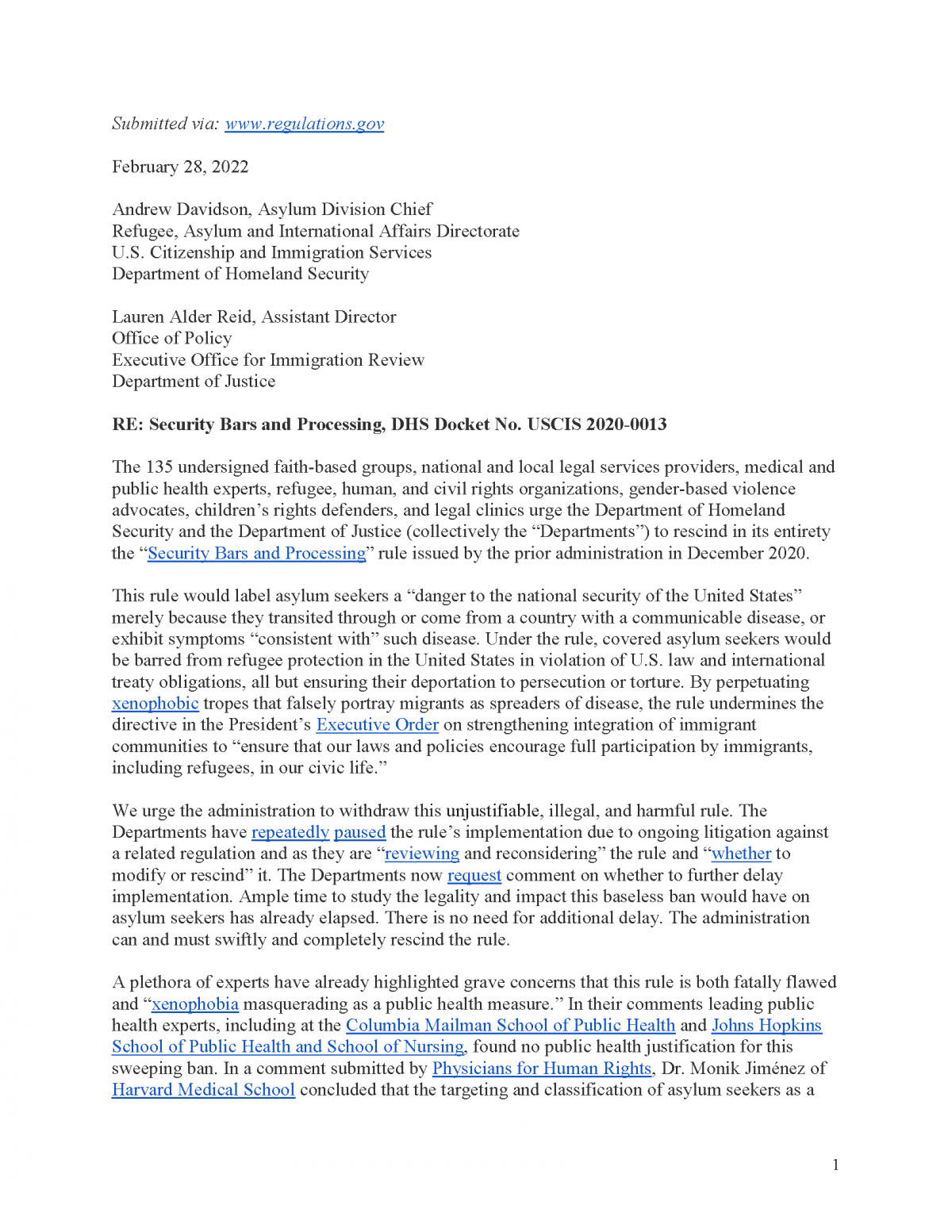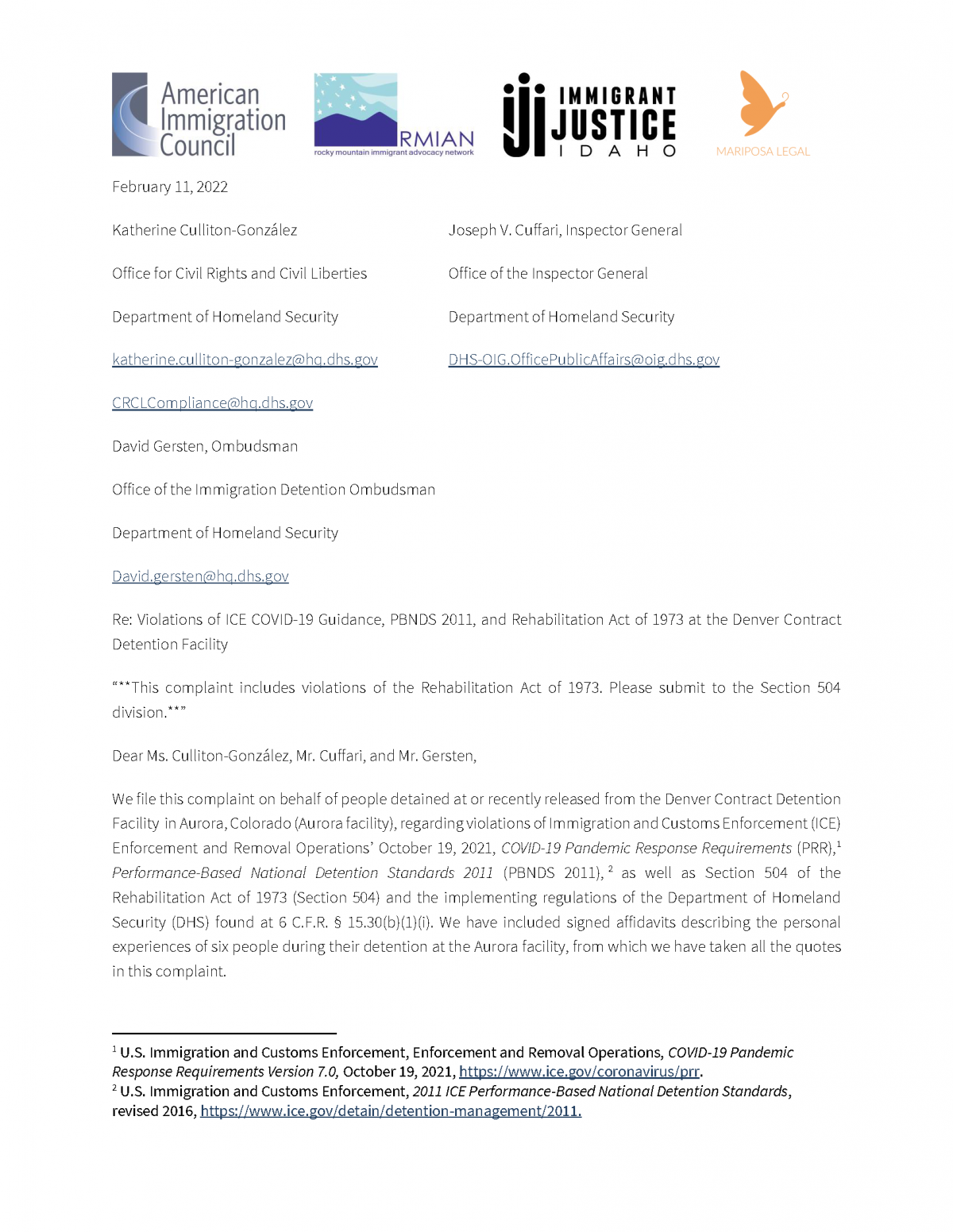Do undocumented immigrants pay taxes?
Undocumented Immigrants play a crucial role in the U.S. economy, not only through their labor but also through substantial tax contributions that support public services and government programs.
- In 2022, households led by undocumented immigrants paid $75.6B in total taxes. This includes:
- $29.0B in state and local taxes
- $46.6B in federal taxes
- In 2022, approximately 4.5% of the U.S. workforce was undocumented.
- 89.8% of undocumented immigrants are of working age.
Our Map the Impact tool shows the tax contributions of immigrants at the national, state and local level.
Recent Features

Deportations of parents and family members have serious consequences that affect children and extend to communities and the country as a whole.

Expedited removal is a process by which low-level immigration officers can quickly deport certain noncitizens who are undocumented or have committed fraud or misrepresentation.

First-hand accounts from Central American women and their family members reveal the dangerous and bleak circumstances of life these women and their children faced upon return to their home countries, as well as serious problems in the deportation process.

Many children are placed in deportation proceedings before an immigration judge, where they will carry the legal burden of proving that they should be allowed to remain in the United States. The government does not guarantee them the right to a lawyer. As a result, many children navigate the complicated system without legal representation.



















